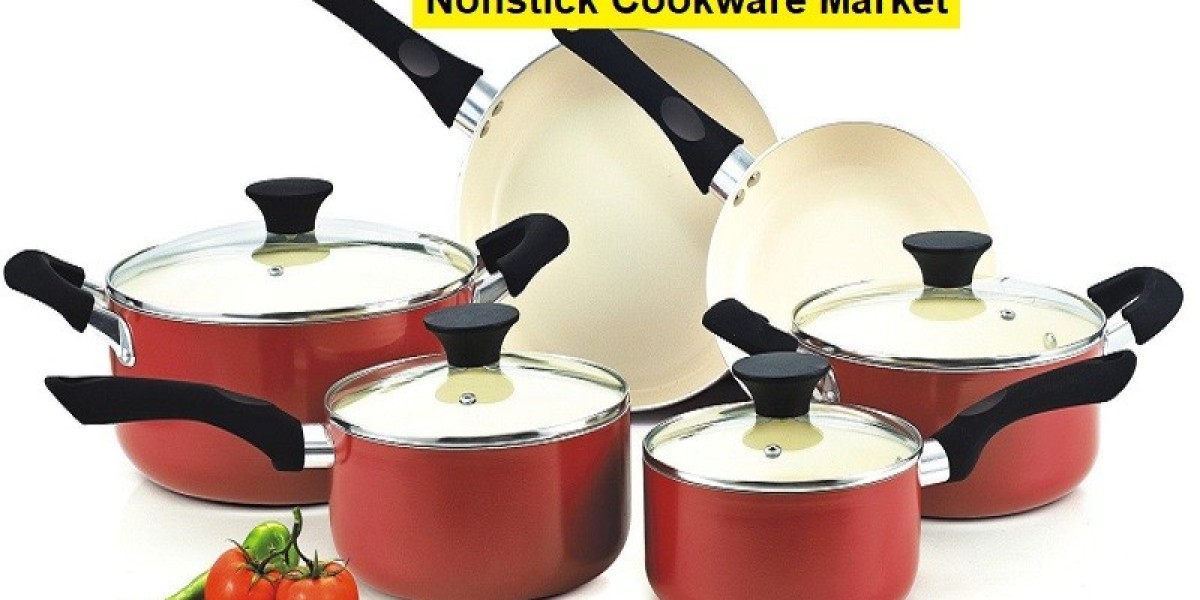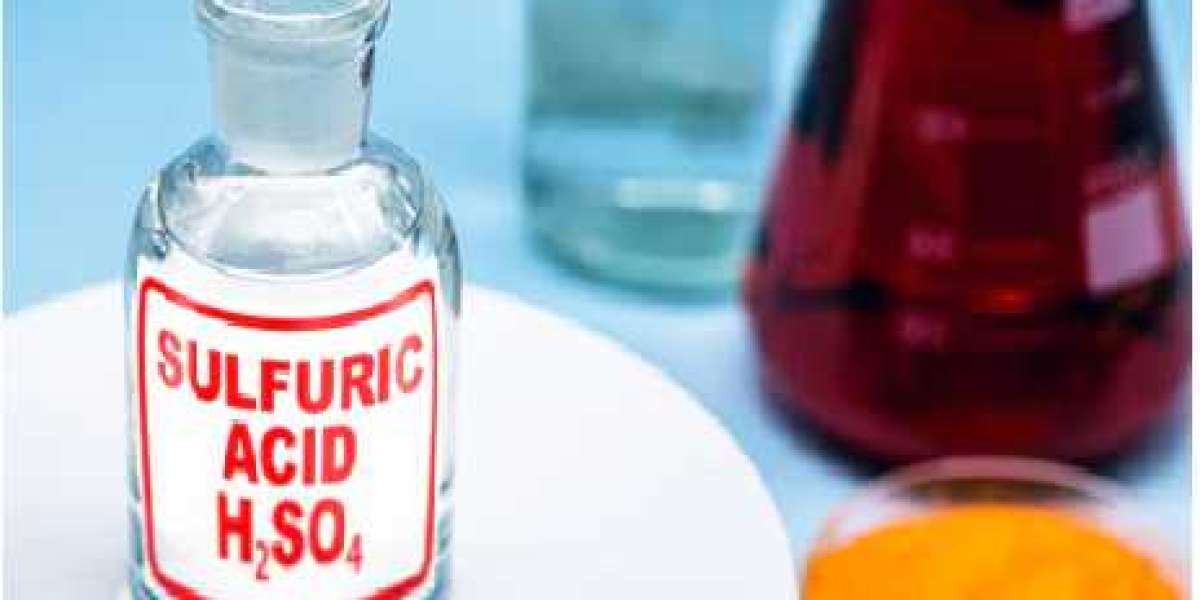The global nonstick cookware market is poised for substantial growth, with a valuation of USD 21,795.12 million in 2023 and projections indicating a rise to USD 36,226.15 million by 2031. This represents a robust compound annual growth rate (CAGR) of 7.53% from 2024 to 2031. The growth trajectory of the market is primarily driven by increasing consumer demand for convenience, efficiency, and health-conscious cooking solutions.
Nonstick cookware refers to kitchen products coated with materials designed to prevent food from sticking to their surfaces. This category encompasses a diverse range of items including frying pans, saucepans, woks, griddles, and baking dishes. These products are coated with materials such as Polytetrafluoroethylene (PTFE), ceramic, silicone, and hard-anodized aluminum. These coatings facilitate smoother cooking experiences, reduce the need for cooking oils and fats, and enhance ease of cleaning—factors that significantly contribute to their growing popularity.
Download Full PDF Sample Copy of Research Report @ https://www.verifiedmarketresearch.com/download-sample/?rid=129122
Types of Nonstick Coatings
PTFE Coating: Widely known by the brand name Teflon, PTFE is celebrated for its superior non-stick properties and heat resistance. Despite its popularity, PTFE has faced scrutiny over environmental and health concerns, particularly regarding Perfluorooctanoic Acid (PFOA). This has led to a growing preference for PFOA-free options.
Ceramic Coating: Made from silica, ceramic coatings offer an eco-friendly alternative to PTFE. They are valued for their ability to withstand high temperatures and provide even heat distribution. However, they require careful maintenance to avoid scratching and degradation.
Silicone-based Coating: Known for its flexibility and high-temperature resistance, silicone coatings are commonly used in bakeware. This coating type is expanding in niche applications due to its unique advantages.
Hard-Anodized Aluminum Coating: This coating is achieved through an electrochemical process that hardens the aluminum surface, providing durability and excellent heat conductivity. While not inherently non-stick, many hard-anodized aluminum products are further treated with non-stick coatings for added convenience.
Market Segmentation
By Coating Type:
- PTFE Coating: Dominates the market due to its exceptional non-stick properties, accounting for 43.93% of the market share in 2023.
- Ceramic Coating: Gaining traction due to its eco-friendliness and safety.
- Silicone-based Coating: Expanding in specific bakeware applications.
- Hard-Anodized Aluminum Coating: Valued for durability and heat conductivity.
By Distribution Channel:
- Offline: This segment includes traditional retail outlets like supermarkets and specialty stores, which held a 78.10% market share in 2023. Many consumers still prefer to see and handle products before purchase.
- Online: Rapidly growing due to the convenience of e-commerce platforms, competitive pricing, and home delivery services.
By End-User:
- Residential: The largest segment, driven by increased home cooking and the need for versatile cookware.
- HoReCa (Hotels, Restaurants, and Catering): A crucial segment requiring high-performance, durable cookware for professional use.
By Geography:
- Asia Pacific: Expected to experience the fastest growth due to rising disposable incomes, urbanization, and changing culinary habits. Key markets include China and India.
- North America, Europe, Latin America, Middle East, and Africa: These regions also contribute significantly to market growth, each driven by distinct factors such as consumer preferences and economic conditions.
Key Players and Competitive Landscape
Leading companies in the nonstick cookware market include TEFAL (Groupe SEB), Meyer Manufacturing Company Limited, The Cookware Company, Newell Brands, All-Clad, Gotham Steel, LLC, Cuisinart (Conair Corporation), Zwilling J.A. Henckels, Regal Ware, and Royal Prestige (Hy Cite Enterprises, LLC). These companies are engaged in various strategic initiatives such as product innovation, mergers and acquisitions, and market expansion to enhance their competitive edge.
Market Dynamics and Trends
The nonstick cookware market is driven by several key trends:
- Consumer Demand for Convenience: The easy-to-clean nature of nonstick cookware aligns with modern, fast-paced lifestyles.
- Health and Safety Concerns: Growing awareness of harmful chemicals has accelerated the demand for safer, eco-friendly cookware options.
- Technological Advancements: Continuous innovation in coating technologies is leading to the development of products with enhanced safety and performance features.
Challenges and Opportunities
While the market faces challenges related to the environmental and health impacts of traditional non-stick coatings, there are ample opportunities for growth. Manufacturers are focusing on developing advanced, eco-friendly coatings that adhere to safety standards and meet consumer expectations for health and sustainability.
To Purchase a Comprehensive Report Analysis @ https://www.verifiedmarketresearch.com/select-licence/?rid=129122
Conclusion
The global nonstick cookware market is set for significant expansion, driven by evolving consumer preferences, technological advancements, and a growing emphasis on health and safety. As the market progresses, stakeholders will need to navigate challenges and leverage opportunities to remain competitive and meet the rising demand for innovative and environmentally friendly cookware solutions.
Reasons to Purchase This Report
- Comprehensive analysis of market trends and growth drivers.
- Detailed segmentation by coating type, distribution channel, end-user, and geography.
- Insightful company profiles and competitive landscape.
- Future outlook based on recent developments and market dynamics.



